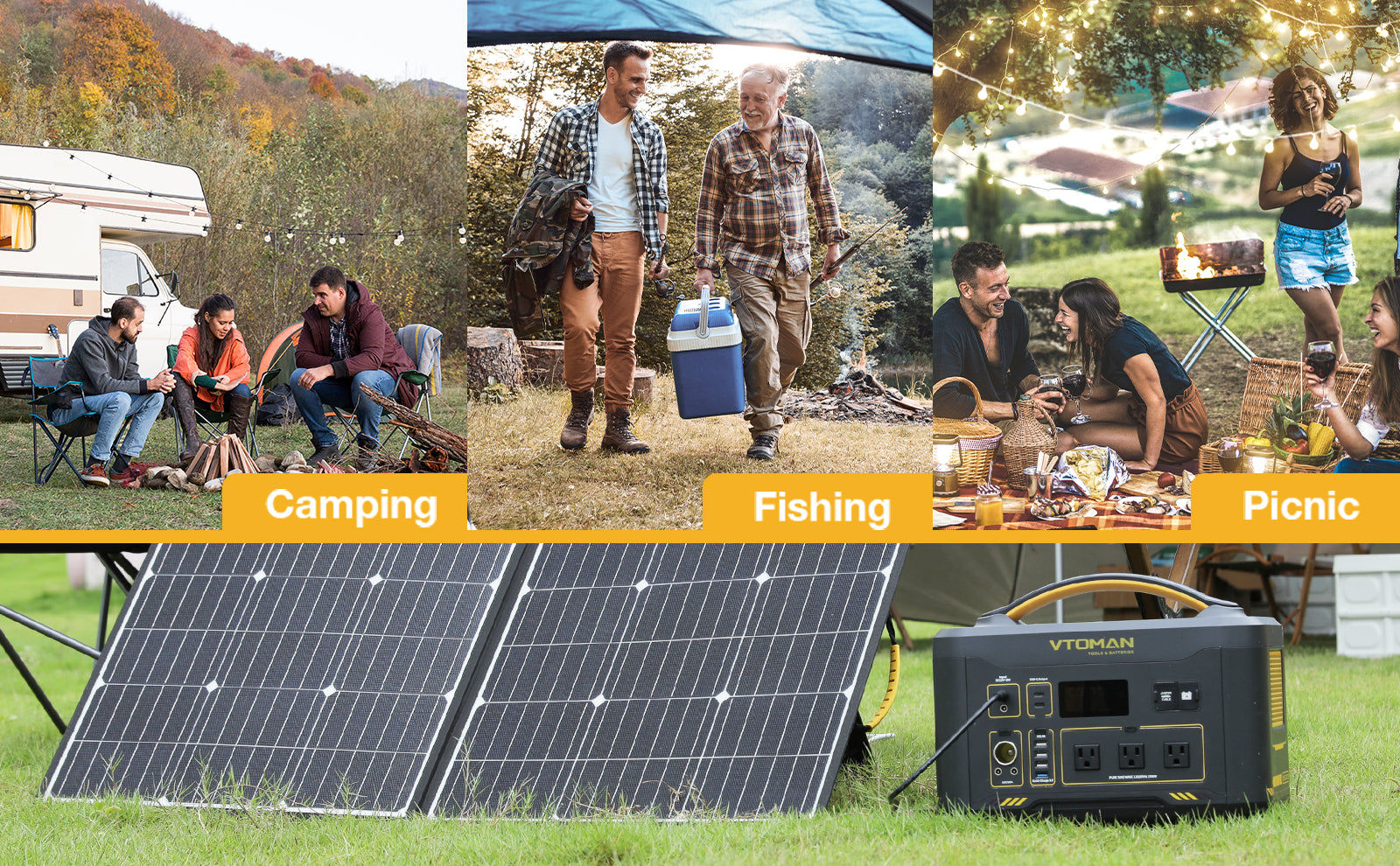Introduction
When it comes to , there are many questions and debates that still need to be addressed best batteries for solar off grid.When it comes to setting up an off-grid solar system, one of the most crucial components to consider is the battery. The battery is responsible for storing the energy generated by the solar panels, ensuring a continuous and reliable power supply even when the sun is not shining. In this ultimate guide, we will explore the key factors to consider when selecting the best batteries for an off-grid solar setup, providing you with the knowledge and insights to make an informed decision.

Understanding Battery Types
There are several battery types available in the market, each with its own advantages and disadvantages. The most common battery types used in off-grid solar setups include:
- Lead-Acid Batteries
- Lithium-Ion Batteries
- Gel Batteries
- AGM Batteries
Each battery type has its own unique characteristics and performance capabilities. For a detailed comparison of these battery types, refer to this comprehensive battery comparison guide.
Factors to Consider
Battery Capacity
The battery capacity refers to the amount of energy a battery can store. It is measured in ampere-hours (Ah) and determines how long your off-grid solar system can operate without sunlight. To determine the appropriate battery capacity for your setup, consider your daily energy consumption and the number of days you want your system to run autonomously. A higher battery capacity will provide longer backup power but may also come at a higher cost.
For a detailed calculation of battery capacity requirements, you can use this online battery capacity calculator.
Battery Voltage
The battery voltage is another important factor to consider. Off-grid solar systems typically operate at either 12V, 24V, or 48V. The choice of voltage depends on the power requirements of your system and the compatibility with other components such as inverters and charge controllers. Higher voltage systems are more efficient for long-distance power transmission, but they may require additional equipment and expertise to set up.
Battery Lifespan
The lifespan of a battery is a critical consideration as it directly impacts the long-term cost and maintenance of your off-grid solar system. Different battery chemistries have varying lifespans, with lithium-ion batteries generally lasting longer than lead-acid batteries. However, the lifespan can also be influenced by factors such as temperature, depth of discharge, and charging/discharging rates. It is important to choose a battery with a lifespan that aligns with your system's expected lifespan.
Battery Efficiency
Battery efficiency refers to the ability of a battery to convert and store energy without significant losses. It is important to choose a battery with high efficiency to maximize the utilization of the solar energy generated. Factors that affect battery efficiency include the charging and discharging rates, temperature, and the battery's internal resistance. It is recommended to select a battery with a high round-trip efficiency to minimize energy losses.
Conclusion
Choosing the best batteries for an off-grid solar setup requires careful consideration of various factors such as battery capacity, voltage, lifespan, and efficiency. By understanding these factors and their implications, you can make an informed decision that aligns with your energy needs and budget.
For more information on off-grid solar setups and battery selection, we recommend visiting the following credible sites:








